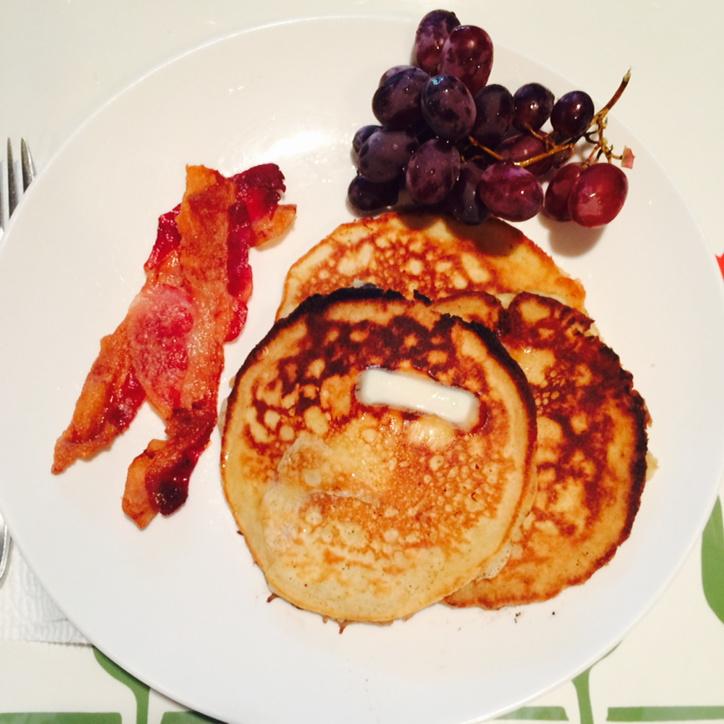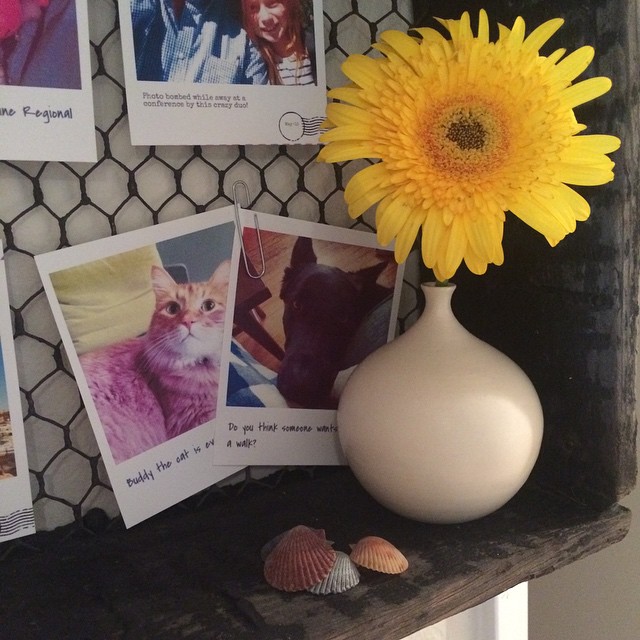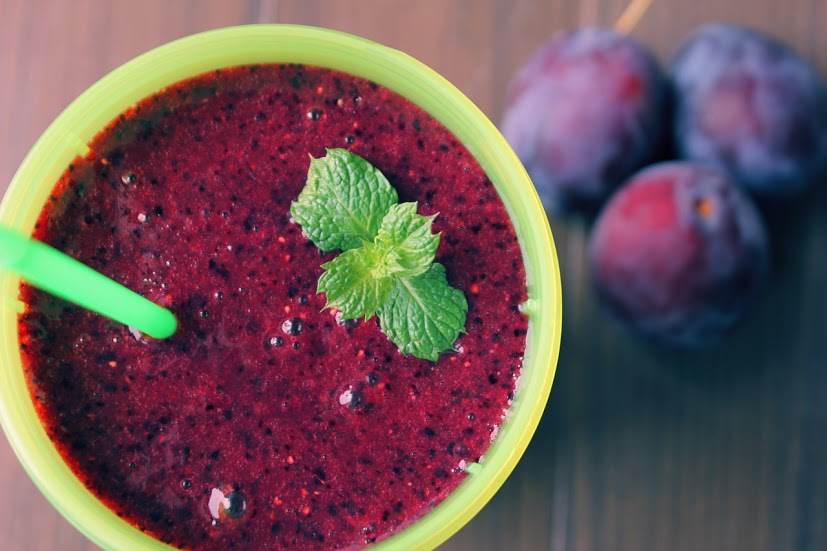
Health :: Tips for a Restful and Restorative Sleep
Image courtesy of BettaLiving.UK
Tips for a Restful and Restorative Sleep
There are many physiological things that occur in order for sleep to happen and I find that once people understand body mechanisms, when explained simply, allow a deeper understanding and compliance. We will first begin in the pineal gland.
Sleep Physiology
Located near the center of the brain, a tiny pine shape endocrine ( hormone) gland resides. This gland is called the pineal gland and it spends some of its time releasing a hormone called melatonin. This hormone affects the modulation of wake-sleep patterns. Basically this gland is involved in the regulation of melatonin synthesis which is a very important component of sleep. As with most endocrine pathways, a series of events occur in order for the desirable outcome. The sleep-wake begins with the hypothalamus, situated close to the pineal gland. Despite its size ( approximately the size of a pearl) it has a multitude of important functions in the body, one being sleep-wake cycle.
This is what occurs:
• Light or darkness is sensed by the retina of the eye
• It is relayed to the hypothalamus by the nervous system
• The hypothalamus communicates with the pineal gland
• Depending on whether it is light or dark, the pineal gland will respond appropriately. If the retina senses darkness, the pineal gland will be stimulated to make and release melatonin. On the other hand, if light is sensed, the pineal gland will not be stimulated by the hypothalamus to produce melatonin.
Melatonin
Melatonin is not readily available in the body. It is a derivative from serotonin – a neurotransmitter – which in turn is made from the amino acid tryptophan. In order to produce melatonin, your pineal gland will need tryptophan. Therefore, increasing serotonin via tryptophan through positive dietary measures ( we can not get our serotonin through our diet) may help increase nighttime melatonin release thus a good night sleep.
 Image courtesy of Flickr
Image courtesy of Flickr
Below are a few foods that contain tryptophan :
• turkey
• halibut
• chicken breast
• mustard greens
• spinach
• nut butters
• tofu
It may take up to an hour for the tryptophan in foods to reach the brain so take this into consideration in your night time routine.
A little pineal history: The pineal gland is only somewhat understood (most glands are as the endocrine system is a basket full of communicative pathways that affect a great deal of systems) and a little bit of a mystery gland. Way back in the 1600’s, a French philosopher and writer believed the pineal gland was the “seat of the soul,” as he believed it was where all thoughts were formed. The pineal gland has also been referred to as the”third eye.” This is perhaps due to its ability to sense light.
A few things to consider: The sleep/wake pathway has a cascade of events that occur; however, there are many other things that can affect this pathway. Vitamins, minerals and enzymes play a role in allowing for optimal communication through the nervous system, stress, summer/winter and light patterns, the functions of the hypothalamus and pineal gland and the making of melatonin. If any of these are not functioning optimally, sleep maybe disrupted. Stress and lifestyle also play a large role in sleep. Exercising every day and finding positive ways to reduce and relief stress can make profound difference of falling and staying asleep. In my next post, I will answer the health question regarding melatonin and kids and give a few tips on optimizing your sleep.
How are your sleep habits?
 About Dr. Heather Manley:
About Dr. Heather Manley:
Dr. Heather Manley, who in 2001 received her medical degree from the National College of Naturopathic Medicine in Portland, Oregon, is a practicing physician whose primary interest is preventative healthcare for families. She is the author of the award winning Human Body Detectives, her children’s educational series of story-telling books, curriculum, eBooks, and iPhone/iPad apps. She also promotes wellness and naturopathic healthcare on her website drheathernd.com.
0




